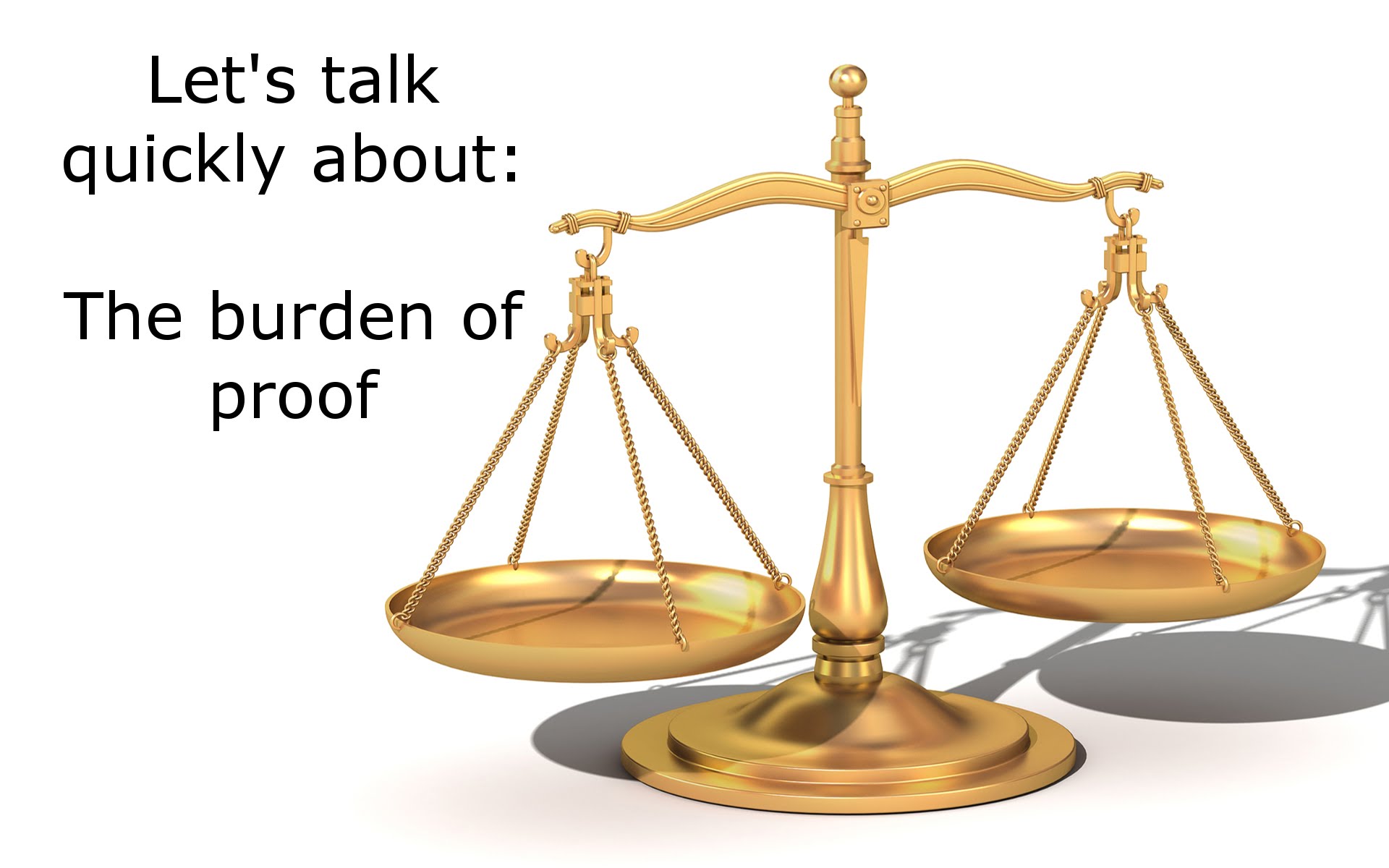(1) a reasonable doubt is a doubt based on reason and common sense after a careful and impartial consideration of all the evidence in a case. Web proof beyond a reasonable doubt does not involve proof to an absolute certainty. Driving while intoxicated (dwi) all other alleged criminal offenses. Franklin and in our comment. Web explanationists view criminal trials in terms of competing explanations.
Web “beyond a reasonable doubt” is the accepted universal standard of proof for criminal prosecutions in state and federal courts in the united states. There are two different approaches to construing this legal rule. The standard of proof required in criminal proceedings. Franklin and in our comment.
There are two different approaches to construing this legal rule. (1) a reasonable doubt is a doubt based on reason and common sense after a careful and impartial consideration of all the evidence in a case. If the claimant satisfies the balance of probabilities for all of the facts that need to be proven to make out the cause of action, they will be successful in the proceedings.
Web our law requires proof beyond a reasonable doubt for a conviction to follow. Asserted in statements of case. In our law there can never be a conviction anchored on a suspicion, strong as it might turn out to be. On an epistemic approach, the rule is construed in terms of justified belief or knowledge; If the claimant satisfies the balance of probabilities for all of the facts that need to be proven to make out the cause of action, they will be successful in the proceedings.
What used to be called beyond reasonable doubt has been replaced with an instruction that the jury must be satisfied so that they are sure before they can convict. however, no particular form of words is essential. There are gaps in the evidence of the state case. The term in the uk (us beyond a reasonable doubt) means if in a legal criminal case or a person's guilt is proven beyond a reasonable doubt, then there is sufficient evidence for the individual who is charged of a crime to be found guilty of the crime:
These Explanations Can Be More Or Less Plausible.
What can trial and appellate judges do about it? Web trial courts frequently do not make the standard of proof beyond a reasonable doubt sufficiently clear to juries, and appellate courts sometimes do not sufficiently assure that the standard is being observed. The “proof beyond a reasonable doubt” standard is higher than others. Web explanationists view criminal trials in terms of competing explanations.
If The Claimant Satisfies The Balance Of Probabilities For All Of The Facts That Need To Be Proven To Make Out The Cause Of Action, They Will Be Successful In The Proceedings.
Web the beyond a reasonable doubt (bard) standard of proof is the foundation of criminal court proceedings in the u.s. They have to be proved. Web proof beyond a reasonable doubt does not involve proof to an absolute certainty. On a probabilistic approach, the rule is construed in terms of satisfying a probabilistic threshold.
Web Proof Beyond A Reasonable Doubt Is The Legal Standard In Criminal Cases, Which Include:
Web beyond reasonable doubt is the criminal burden of proof. Asserted in statements of case. That it will be adopted in practice seems doubtful, for some of the reasons suggested by prof. The standard of proof required in criminal proceedings.
Web In Criminal Proceedings, The Standard Of Proof Is Beyond Reasonable Doubt.
Web while the burden of proof necessary to convict a person of a crime is “beyond a reasonable doubt,” a much lower standard of proof is required in civil matters. See also burden of proof. The term has been supplanted in the uk. Web the law requires criminal guilt to be proved beyond a reasonable doubt.
Driving while intoxicated (dwi) all other alleged criminal offenses. Web proof beyond a reasonable doubt is the legal standard in criminal cases, which include: Tillers's and jonathan gottfried's analysis supporting a quantified jury instruction on the meaning of proof beyond a reasonable doubt is persuasive. On an epistemic approach, the rule is construed in terms of justified belief or knowledge; It is not proof beyond any doubt, nor is it an imaginary or frivolous doubt.






